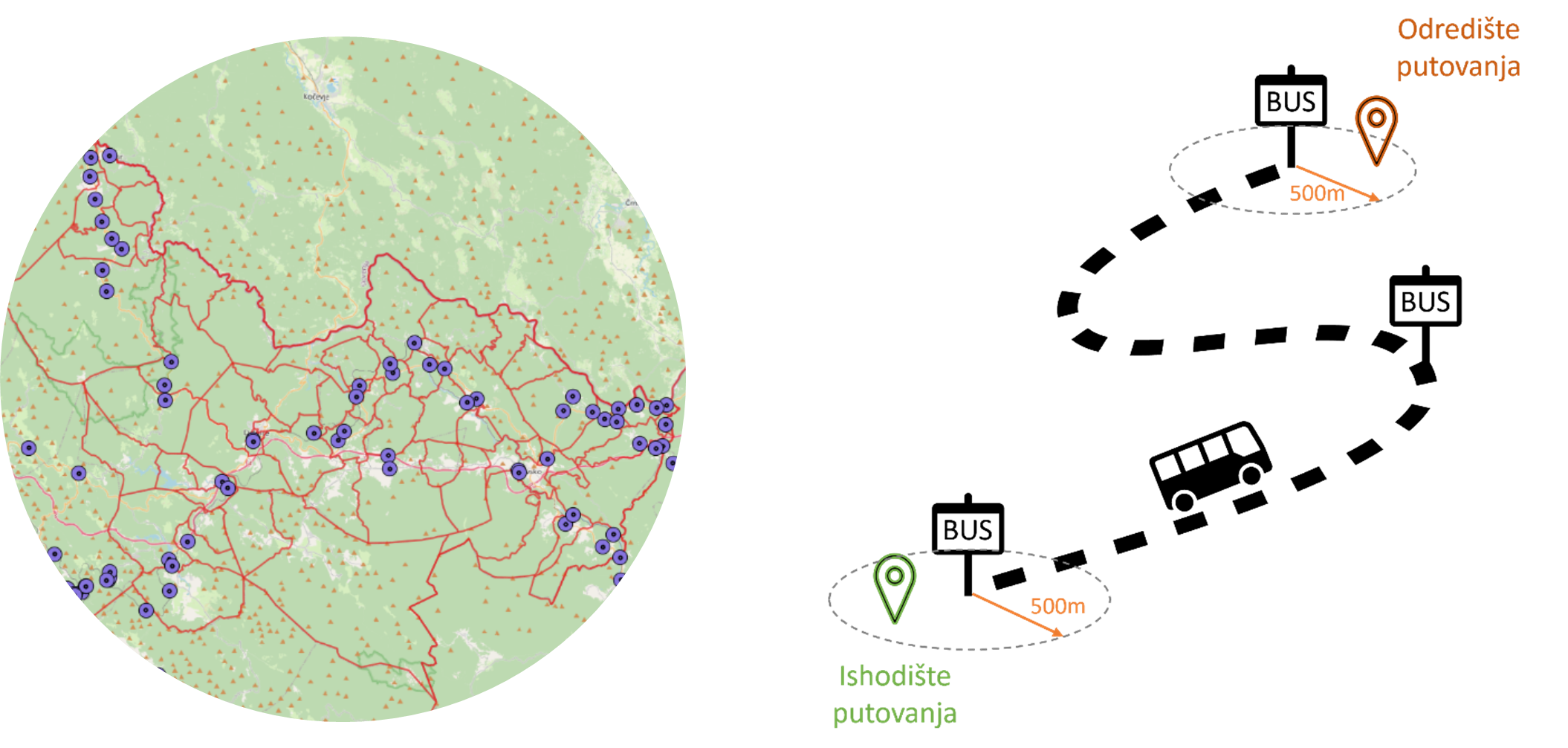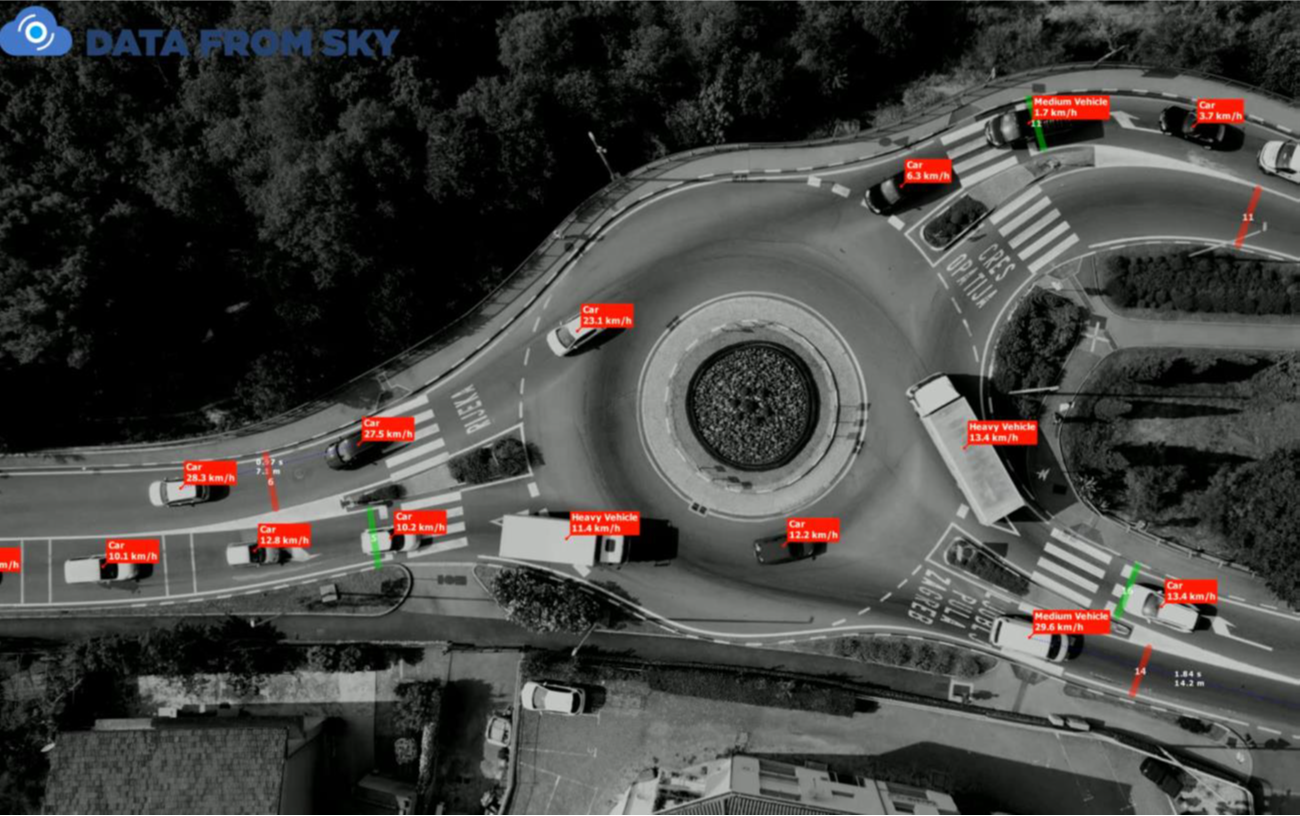Challenges
The utility company Vodovod i kanalizacija d.o.o. Rijeka (ViK) currently uses various IT systems developed and maintained by external companies, but internally there are insufficient resources for digital transformation on a wider level. The limited capacity of IT staff makes it difficult to manage the digitalisation of business processes, which slows down modernisation and increases dependency on external IT service providers.
A particularly challenging aspect of business relates to document management and investment projects, where manual processes and decentralised storage of information make it difficult to efficiently manage projects, documentation and procurement.
Solutions
Through the program Test Before Invest and with the support of EDIH Adria, ViK Rijeka tested the possibility of implementing a document management system (DMS) and business process management (BPM). The aim of the testing was to assess how the DMS/BPM system could be integrated into existing processes and improve business efficiency.
The testing focused on:
- Digitisation of processes Investment Management, with a focus on automating workflows and reducing paperwork
- Integration of DMS/BPM systems with existing IT solutions
- Analysis of the possibility of easy storage and search of documents
- Demonstration of documentation management in the process procurement, including data exchange between different departments
The EDIH Adria team has implemented a demo system based on IBM Filenet Content Manager and IBM Filenet BPM in order to test relevant solutions and enable ViK to gain a clearer insight into the potential benefits of such a system.
Results and Benefits
Although only testing was conducted, the analyzed results suggest significant benefits in case of possible implementation of DMS/BPM system:
- Speeding up processes – Automating workflows and digitising documentation can reduce administrative burdens and speed up investment and procurement processes.
- Better document organisation – All key documents would be stored within a centralised system, allowing quick searches and easier access to relevant data.
- Increased data security – Access control, change monitoring and security policies within the DMS would ensure better protection of confidential information.
- Reducing costs – Digitalisation would allow paper documents to be reduced, information to be exchanged more quickly and resource use to be optimised.
- Increased transparency – All processes would be documented and accessible through the system, which would facilitate data analysis and decision-making.
Lessons learned
Testing has shown several key challenges and important insights for future implementation:
- Choosing the right platform – ViK should carefully select a CSP (Content Services Platform) solution that can integrate DMS and BPM functionalities and be adaptable to different business processes.
- Integration with existing IT systems – Ensure that the new system is able to communicate with currently used applications to avoid compatibility issues and duplication of data.
- Proper implementation strategy – Phased implementation in smaller phases would reduce risks and allow users to adapt to new digital tools.
- Employee training – A key success factor will be to educate users so that they can use the system effectively and make full use of its capabilities.
Measurable data
Test-based assessments indicate the following possible effects in case of system implementation:
- 50-70% faster procurement process thanks to automation of document flow
- Reduce document search time by 60% through advanced search and classification functions
- Up to 80% reducing paperwork by shifting to digital document storage
- Increase data security by 90% through stricter access controls and audit records
Conclusion
Testing of digital solutions at ViK Rijeka has shown that the DMS/BPM system can significantly improve document management and business processes. Although it is not a final implementation, the obtained results suggest that further research and eventual introduction of such a system could bring great benefits.
ViK Rijeka now has a clearer picture of the possibilities of digitalisation and can plan the next steps in the transformation process. The next recommended step includes a detailed business analysis and the definition of a strategic plan for the potential implementation of the solution.






